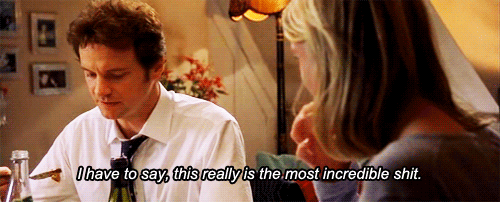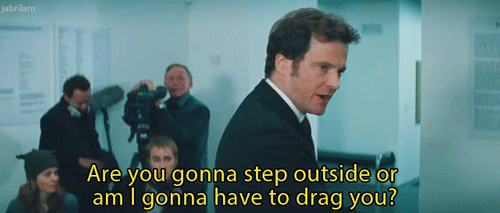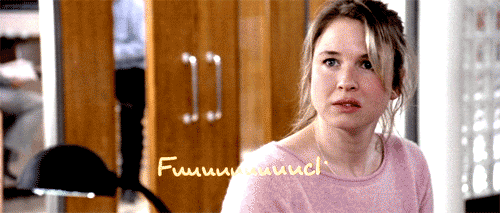I know, I'm talking about rejection again. But if you write and submit short stories this is something you're constantly dealing with and depending on the market, rejectomancy can be anything from a fun game to pure obsession.
From the Urban Dictionary: Rejectomancy - The art of analyzing a rejection letter (particularly one received upon submitting a short story to a magazine) in order to elicit a positive or self-assuring message hidden therein.
However, with modern electronic submission systems this definition is only half the equation. Add to this great tracking sites like the
(Submission) Grinder and you can obsess about your subs until the cows come home. Note: The Grinder is a free service, though I encourage anyone who uses it regularly to donate a few $ if they can.
How, you ask? Well, let's start with one of the best submission systems around. Clarkesworld not only sends you a confirmation that they got the story, when you follow the provided link you can see the status of your sub and know exactly where you are in the queue. The staff there have excellent response times. Just last week I subbed a story at 1pm on Wednesday. It started at number forty-two (not as lucky of a number as I'd hoped), by the evening it was at thirty-two. Then they dared to go home for the day. The next morning I moved to number twenty-one quickly and then it showed rejected by 11am. I got the email stating that about an hour later. I also know that the system shows if you've been held over for a second round. You can't get more efficient than that.
Some places use a similar system without the number in the queue. Asimov's, for example. The flaw in their system comes from the fact that sometimes pieces move from 'received' to 'under review' and stay there for a really long time, or they go straight from 'received' to rejection. With those inconsistencies, it becomes somewhat more difficult to
obsess about check when you might receive the expected response.
And then there are some places where you simply e-mail your submission. Some of these have auto-confirmation, some don't. Personally I much prefer getting a confirmation. I hate the idea that after waiting ninety days I might query only to find that they never got the submission. But with the email sub, there's no way to know where you are in the process until they decide to contact you. The same goes for hard copy submissions, though those are becoming very rare. I will only go to the trouble of printing something out and putting postage on it for
Fantasy and Science Fiction, because I'd love to list them on my cover letter.
It's this last group where the (Submission) Grinder comes in. You can see how recently a given publication has been responding to submissions. If you use their tracker, you also know how long your sub has been there and you can watch your little purple dot march across the graph making its way through red towers of rejection or approaching the green peaks of acceptance. You can see if submissions newer than yours have been responded to. Of course, this leads to the question of whether your story has been passed up or if it's just with a slow slush reader.
The Grinder also shows in shades of orange and red when your subs have exceeded the normal response time for a market. I currently have four orange submissions out of twelve. Two should be on the cusp of a response, both of which I'm foolishly hopeful about. One I know is in the final round and I'm well informed with the editor's status on the project. The last orange sub is something I may withdraw but the story is older and I don't have too many pro places left to send it.
Rejectomancy comes in when you have a sub that's near the usual response time for a publication and you check its status several times a day, either through their sub system or using the Grinder to monitor other's results. Theoretically, you should be writing new material, not worrying about the stuff that's already out until you actually get a response – and if a story gets rejected, turn it around and send it out again.
That's a nice theory, but when all that data is just a click away, I can't resist. For some publications I'd be embarrassed if I knew how many times I'd actually checked in a day. That's where the line between game and obsession gets blurry. The rush is sort of like buying a lottery ticket. You know your chances may be slim but it's worth it for the opportunity to dream.
How much Rejectomancing do you do?
PS: I promise my next post won't have anything to do with rejection. It might be about visiting the Space Shuttle for my birthday, but as Yoda said, "Always in motion, the future," so we'll see.
Until next time.







